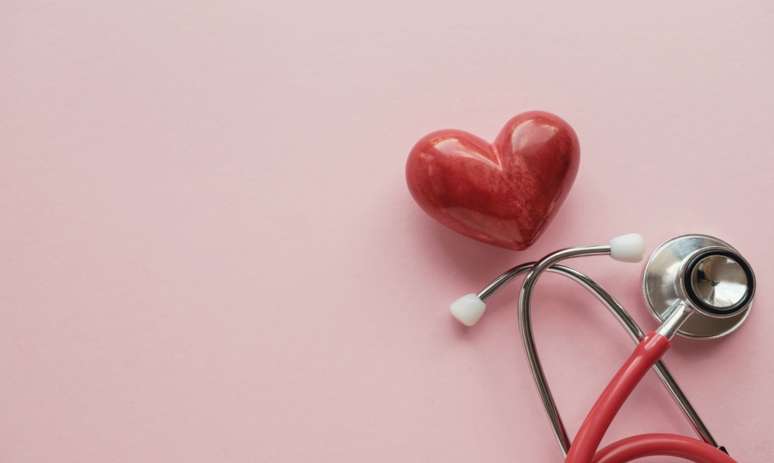The incorrect use of medicines favors the emergence of superbacteria so called
The national day of rational use of medicines, celebrated on May 5, strengthens an important warning: the incorrect use of medicines, in particular antibiotics, puts health at risk and promotes the emergence of superbacteria so called – microorganisms that become resistant to conventional treatments.
This resistance occurs when bacteria no longer respond to the action of antibiotics, often because they have been repeatedly exposed to these drugs inappropriately, such as incomplete treatments, doses and incorrect use without necessity. The problem makes it difficult to fight infections and create medical procedures such as surgery and chemotherapy, risky.
According to Fernando de Oliveira, infectoologist and coordinator of the control service of hospital infections (Scih) of the San Luiz Morumbi hospital in Rede d’Or, inappropriate or excessive antibiotics is one of the main causes of bacterial resistance.
“Both for improper and excessive use antibioticsNot only in humans, but also on animals and plants, they promote the appearance of resistant bacteria to the available medicines and, therefore, difficult to treat, “he explains.
Bacterial resistance is now considered one of the major threats to world public health. According to the World Health Organization (WHO), he was directly responsible for 1.27 million deaths in 2019 and contributed to almost 5 million deaths all over the world.
Common mistakes in the use of antibiotics
Among the most frequent wrong ideas, the expert cites the use of antibiotics to treat viral infections such as influence and colds, aggravated practice during the Covid-19 pandemic and early interruption of the treatment. “It is very common for the patient to improve symptoms and stop using antibiotic before the doctor is recommended. However, this does not always mean the infection has been fully fought,” he warns.
The opposite is also a warning signal: the absence of improvements after 48-72 hours of initial treatment. “Usually, after the antibiotic, fever and symptoms tend to decrease during this period. When this does not happen, it can be a sign of bacterial resistance,” says Fernando de Oliveira.
However, he underlines that other factors must also be considered. “It may be that the focus of the infection is not treated correctly, that it is a viral infection or that there is a need for surgery, as in the case of an abscess. Therefore, the follow -up -up medical follow”, explains the doctor of São Luiz Morumbi.
Use of antibiotics in animal production
Another worrying factor on the subject is the massive use of antibiotics in animal production. “In some countries, the quantity of antibiotics used in animal breeding is four times higher than use in humans,” says the infectious. These resistant microorganisms can be transmitted to people both by direct contact and from the food chain.

Using antibiotics correctly
To help fight bacterial resistance and protect health, take a look at some simple but essential attitudes:
- Use antibiotics only with the prescription: No car -mediation;
- Follow the treatment until the end: Even if the symptoms disappear first;
- Do not share medicines: Each infection is unique and requires a medical evaluation;
- Avoid using remaining antibiotics: Previous treatments do not guarantee effectiveness for new cases;
- Hands often: One of the easiest ways to prevent infections;
- Keep the updated vaccines: They help to avoid diseases that may require use of antibiotics;
- Take care of food: Food the food, separate raw from boiled and use drinking water are practices that help prevent infections.
The doctor explains that the correct use of drugs helps to protect themselves and others. “Each attitude counts. The consciously use of antibiotics is protecting not only its own health, but also preventing these superbatters from continuing to spread,” he warns.
Beware of other medicines
Although the main objective is on antibiotics, the irrational use of others medicine It also has important health risks. Analgesics, anti -inflammatory, anxiolytics and corticosteroids, for example, can cause serious side effects if used without medical advice. The excessive use of anti -inflammatory drugs, for example, can lead to kidney problems, gastritis and increase the risk of bleeding.
Inappropriate consumption of drugs for anxiety or insomnia It can generate chemical dependence and influence the functioning of the central nervous system. Therefore, the recommendation is clear: any medicine, even those considered common, should be used responsible and always with professional follow -up.
By Samara Menu
Source: Terra
Ben Stock is a lifestyle journalist and author at Gossipify. He writes about topics such as health, wellness, travel, food and home decor. He provides practical advice and inspiration to improve well-being, keeps readers up to date with latest lifestyle news and trends, known for his engaging writing style, in-depth analysis and unique perspectives.






![Un Si Grand Soleil Preview: Episode Summary for Monday, October 27, 2025 [SPOILERS] Un Si Grand Soleil Preview: Episode Summary for Monday, October 27, 2025 [SPOILERS]](https://fr.web.img4.acsta.net/img/16/ec/16ecdc89ab22d2242ca3490a29003c5c.jpg)


